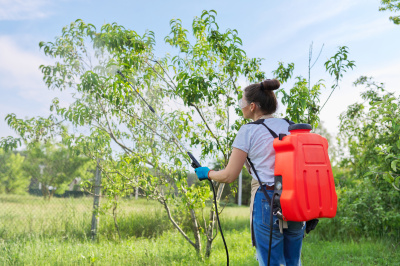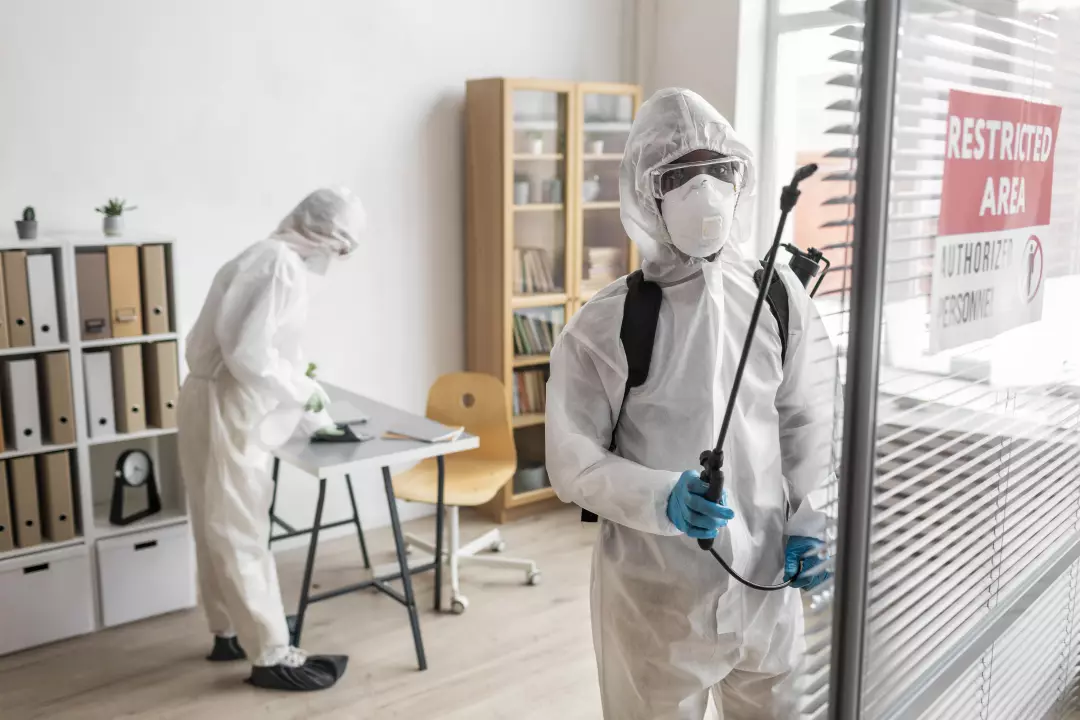What to Look for When Selecting a Pest Control Partner
In this day and age, it has become increasingly important to have a pest control partner that you can rely on. With an array of companies offering different levels of service, it can be difficult to know which one will best meet your needs. Here we’ll go into detail about what to look for when selecting a pest control partner, how to choose a pest exterminator, whether pest control is a legal requirement for businesses, what to expect from a pest control inspection and what should be included in a pest management plan.
When it comes to selecting a pest control partner, there are a few key things to consider. Firstly, ask family members, friends, coworkers or colleagues for recommendations. These sources can provide valuable insight into which companies to use and which ones to avoid. It's also important to do your own research. Check out customer reviews online to get an idea of how satisfied customers have been with their services. Finally, make sure that the company you choose is registered and accredited by the appropriate governing bodies, such as the British Pest Control Association (BPCA) or the Chartered Institute of Environmental Health (CIEH).
How do I choose a pest exterminator?
When choosing a pest exterminator, it’s important to select one that is experienced and has glowing customer reviews. Make sure to enquire about the type of technology they use and whether they are insured and fully qualified. It’s also recommended to consider other factors such as customer service, speed of response and the cost of treatment. Additionally, you should always ask whether they offer guarantees on their work so that, if necessary, you can get the work redone at no extra cost.

Need assistance finding pest and vermin control near you?
Get a QuoteIs pest control a legal requirement for businesses?
The short answer is yes; certain types of businesses must have pest control measures in place to comply with health and safety laws. In the UK, food premises and warehouses must carry out thorough risk assessments and show that they are taking pest control seriously. The assessment should take into consideration a number of factors, including the type of pests present, the level of risk they pose, and the measures that are already in place for prevention and control.
What can I expect from a pest control inspection?
A pest control inspection will involve a qualified technician examining the premises and conducting an audit of the pest activity. They will then provide an evaluation of the current condition and create a tailored plan of action based on the evidence gathered. This includes identifying areas of high risk and recommending treatments that have been proven effective. In some cases, they may also use specialist equipment such as fibreoptic cameras and infrared detectors to detect pests behind walls and floorboards.
What should a pest management plan contain?
A pest management plan should outline the methods of identification and control for each type of pest. It should include details of monitoring and control methods, including cultural, physical, chemical and biological options. In addition, it should outline preventative steps that are in place to stop pests from entering or leaving the premises. Finally, it should detail regular inspections and recordkeeping to monitor the effectiveness and accuracy of the plan.
In conclusion, selecting the right pest control provider is essential to ensure you get the best possible service. Utilising the advice in this article should enable you to effectively compare providers and find the right pest control partner for your needs.
In this article:
